3 min read
Navigating Acumatica Summit 2024: A Comprehensive Guide
The keynote sessions are the heart of any summit, and Acumatica Summit 2024 is no exception....
Learn how to automate and integrate business processes in one connected cloud ERP system.

3 min read
The keynote sessions are the heart of any summit, and Acumatica Summit 2024 is no exception....
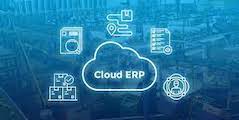
2 min read
In preparation for Acumatica Summit 2024, the annual Community event taking place from Sunday,...
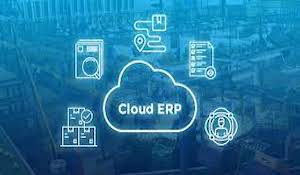
2 min read
Top 5 Key Updates in Acumatica 2023 R2 release: Acumatica has just unveiled the highly anticipated...
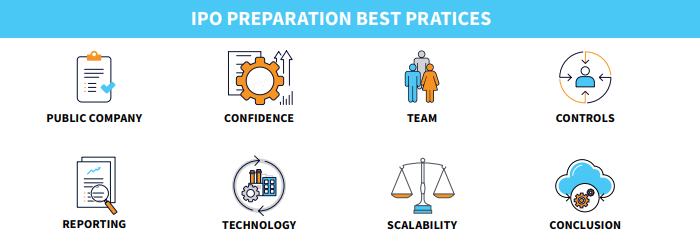
4 min read
Initial Public Offering (IPO) Planning: Propel Your Canadian IPO Success By Implementing the Right...

1 min read
How do you Setup Automation Schedules with Acumatica? Want more details? Watch the video tutorial...

2 min read
The SMB (Small and Medium-Sized Business) ERP (Enterprise Resource Planning) technology value...

1 min read
Build Your Own Reports in Excel With Live Data in Less Than 5 Minutes

1 min read
Our recent Acumatica 2023 R1 Key Themes webinar highlighted the benefits of the Acumatica Canadian...

1 min read
Selecting a field service management and accounting ERP system to run your business is a decision...

1 min read
When Aqurus’ founder, Murray Quibell, CPA, CA, CITP, first saw Acumatica Cloud ERP, he was...
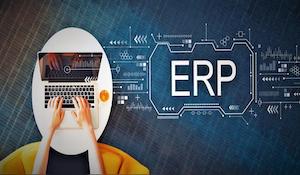
2 min read
G2 Reviews Acumatica and 33 Other Mid-Market ERPs Based on Their Usability. Acumatica Scored the...

3 min read
Business Succession Planning Strategies An Adaptable 4 Step Process for Business and Industry...
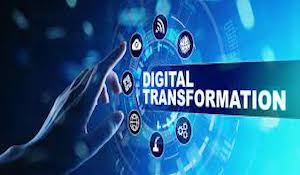
4 min read
Empower Growth with Rapid Integrations Growth-oriented companies face mounting competition and...

2 min read
Highlights from Acumatica Summit 2022 Six months ago, in July 2021, the Acumatica community turned...
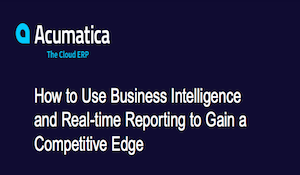
3 min read
Most companies struggle to pinpoint the reasons behind declining productivity, rising costs, or...
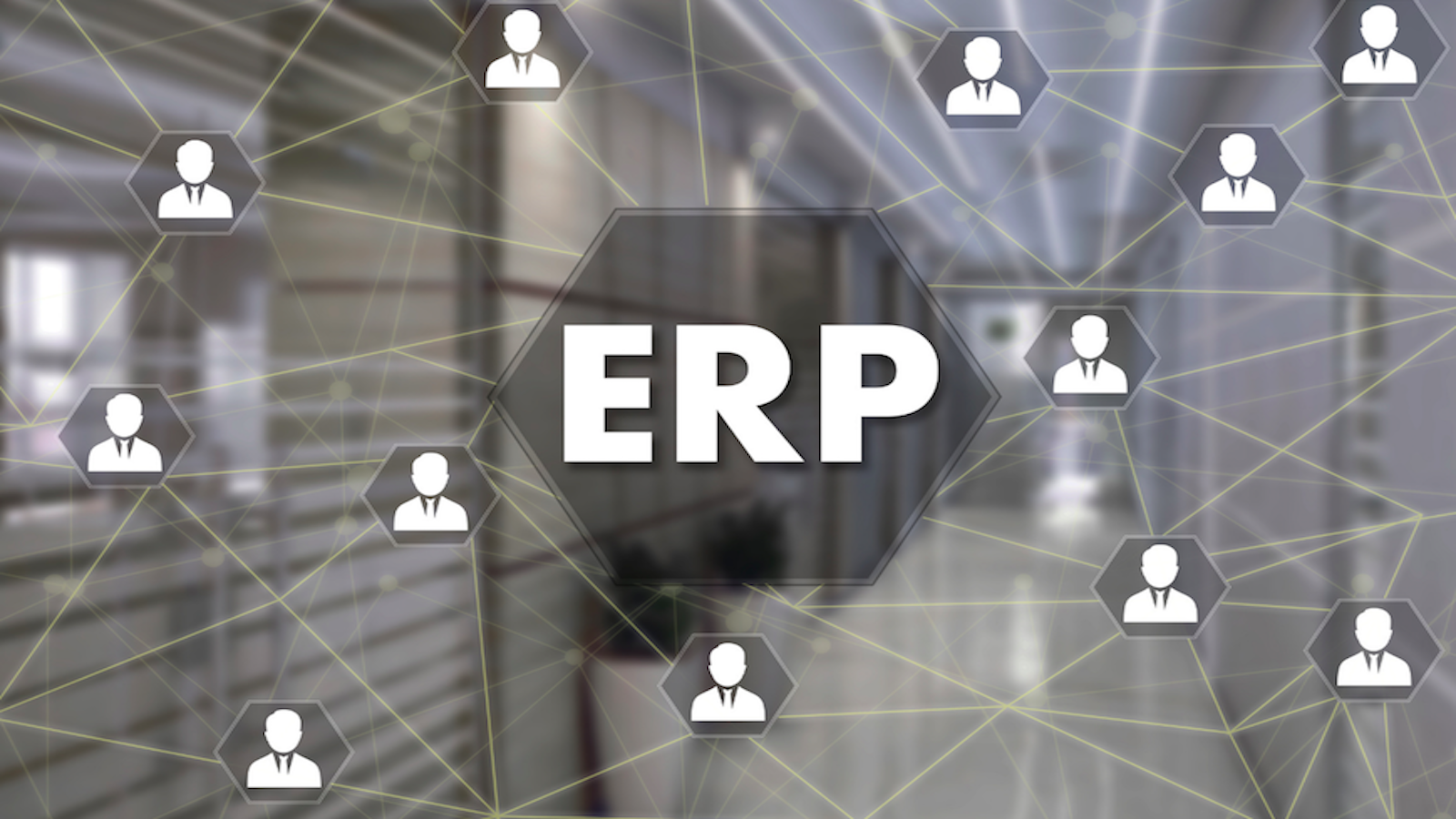
1 min read
At Aqurus, one of our core values is Continuous Improvement. We are always looking for new ways to...
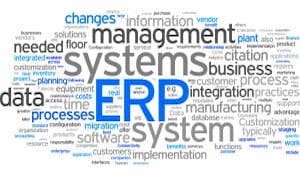
10 min read
Considering ERP Software? Choosing a knowledgeable partner to guide you through the installation...
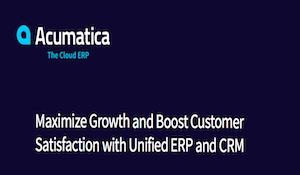
1 min read
Discover how these technologies work together to help you create lasting customer relationships